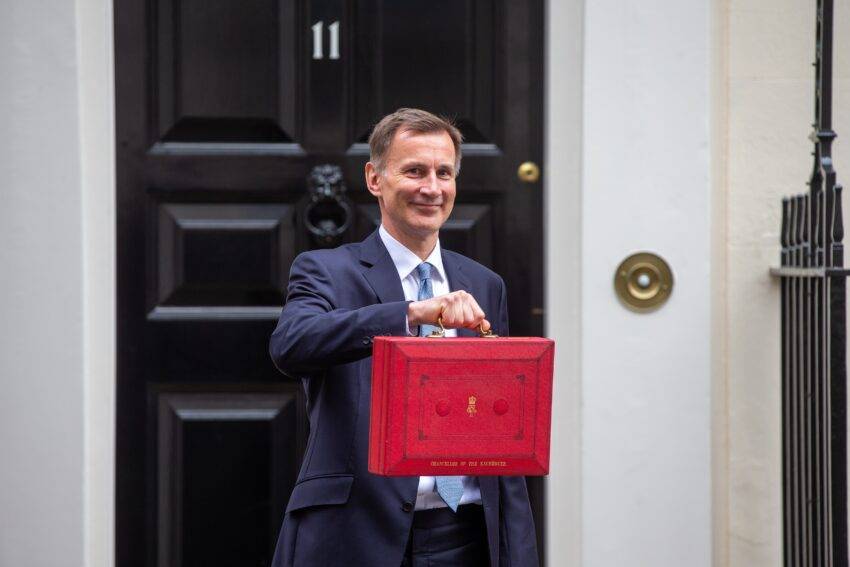The Institute for Fiscal Studies (IFS) has cautioned that any tax cuts announced by Chancellor Jeremy Hunt in the upcoming budget are likely to be overshadowed by record tax increases over the course of the current parliament.
According to research by the economics think tank, taxes are expected to rise by an unprecedented £66 billion during this parliamentary term, effectively nullifying any potential tax reductions proposed in the budget. Despite anticipated measures such as a reduction in income tax or national insurance, the IFS emphasizes that the overall tax burden is set to reach a post-Second World War high.
The combination of freezing tax thresholds and a significant increase in corporation tax from 19% to 25% is projected to contribute to this surge in tax revenue. The freeze on income tax thresholds for six years is particularly notable, as it leads to fiscal drag, pulling more individuals into higher tax brackets as their incomes rise.
While the chancellor’s autumn statement in November included tax cuts amounting to approximately £20 billion, these were offset by reductions in departmental spending. However, the IFS has criticized the lack of transparency in the government’s expenditure plans, describing them as a “work of fiction” due to incomplete details provided in spending reviews.
Furthermore, new research from the Office for National Statistics indicates faster-than-expected population growth in the UK, altering projections for real day-to-day government spending per person. This underscores the challenge for the chancellor in balancing tax cuts with sustainable spending levels.
Martin Miklos, a research economist at the IFS, warns against further reductions in spending plans to accommodate tax cuts until the government provides clearer details on expenditure. The Treasury, however, remains focused on meeting fiscal rules and emphasizes increased funding for priority areas such as the NHS.
Amidst these fiscal challenges, all eyes are on Chancellor Jeremy Hunt as he navigates the delicate balance between tax relief and sustainable public finances in the upcoming budget.


